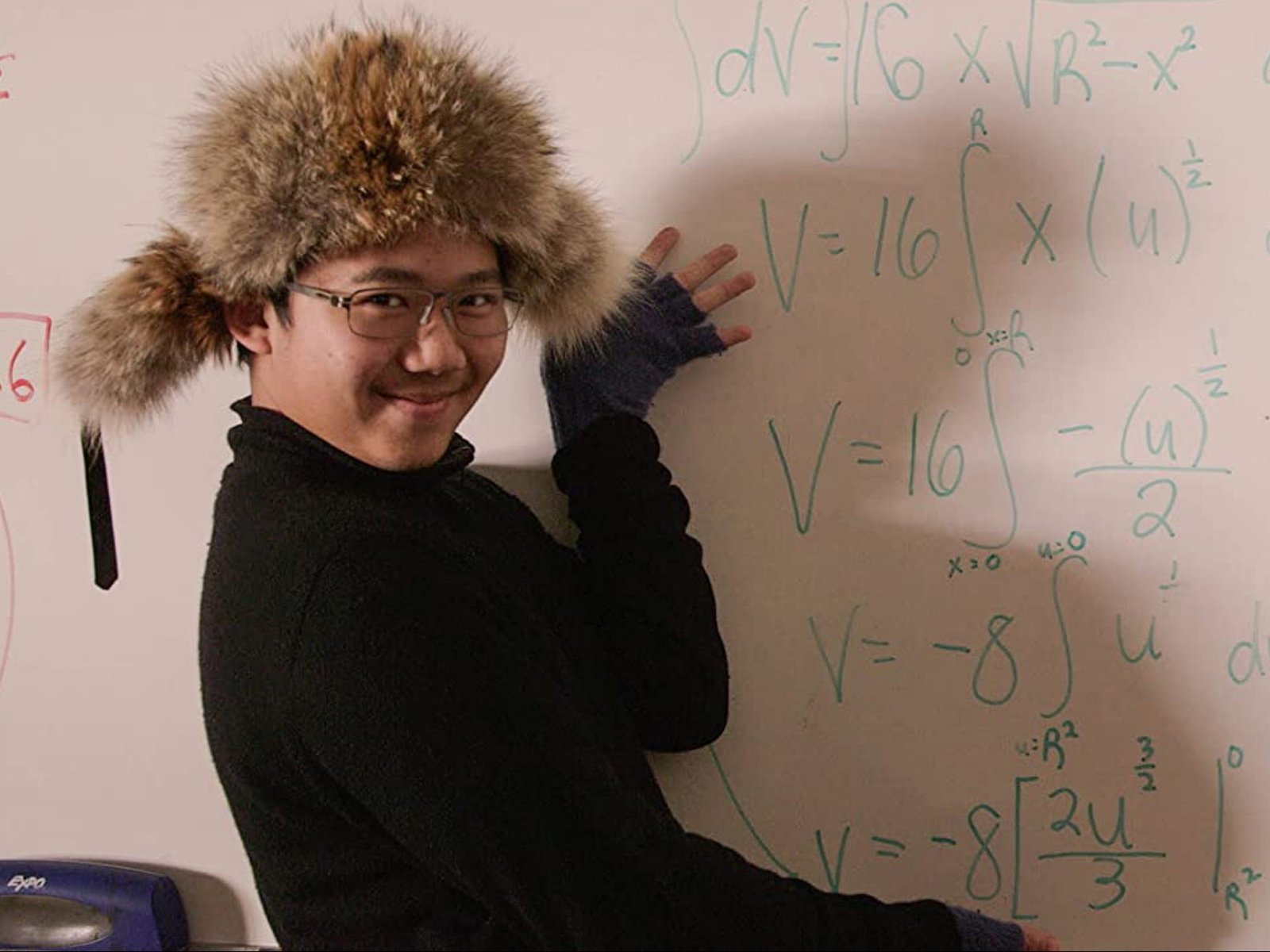
- Festivals
Sundance 2021: Try Harder!
The scholastic pressures facing academically motivated, high-achieving teenagers are as great as they’ve ever been, a fact engagingly chronicled by director Debbie Lum in Try Harder!, a recent world premiere and U.S. Documentary competition title at the Sundance Film Festival. Assaying the emotional ups and downs of the college application and acceptance process, Lum’s movie provides an entertaining look at a younger generation, leaving one feeling that, despite the chaotic and upended nature of the world which adults have foisted upon them, maybe, just maybe, the kids are all right.
Set at Lowell High School, a top-ranked public magnet school in the Bay Area that employs a selective admissions process and features a majority Asian-American student population, Try Harder! centers around five main subjects, all grappling with both loads of coursework and preconceptions of accomplishment, trying to separate reputation from right fit as they jockey for selection and affirmation from the objects of their academic affection. There’s Rachael Schmidt, the biracial daughter of a single African American mother, with dreams of perhaps becoming a journalist; Sophia Lu, a driven young woman who seems not to have a single spare moment given her array of commitments; Ian Wang, a somewhat self-effacing Lowell “legacy” whose mother nonetheless encourages him to seek more balance in his life. Shae Fairchild, the only junior of the main subjects, is idealistic and passionate about a higher education which will enable him to help fight climate change and environmental issues. Finally, Alvan Cai, the playful and extroverted only child of a pair of Taiwanese immigrants who accepts in shrugging fashion that his parents make most life decisions for him.
All of these students have their eyes on Stanford University (which has a daunting 4.4% acceptance rate), as well as various prestigious California system schools (UCLA, UC Berkeley) and Ivy League universities. But Lowell’s high standards, which lead to its embrace by many colleges, can sometimes cut both ways – it also has the reputation of serving as an assembly line for so-called “grade robots,” teenagers who can absorb a complicated inventory of facts and regurgitate them back out on standardized tests, but not much more. For that reason, and perhaps others, Lowell historically seems to actually struggle to place students at Stanford.
It’s not difficult to connect with stories about kids striving for a goal, because their effusive, unguarded expressions of joy in moments of success transport to simpler times, free of burdensome responsibilities or the complexities of adult existence. Try Harder! has a couple of such moments, but mainly is a movie that works well because its subjects are so vivid and memorable: candid and articulate chroniclers of their own ambitions, struggles, and dashed dreams. There are plenty of movies, and, in fact, several others this very year at Sundance, which focus on kids coming of age in listless fashion, swimming against great tides of ambivalence and uncertainty which pull them in the direction of bad decisions. Neither type of film is inherently better nor more interesting but Try Harder! is not cut from that cloth; it’s a movie with a keen, grounded sense of self, so much so that one can easily be forgiven for on occasion forgetting most of these kids don’t yet have the right to vote.
The San Francisco-based Lum, who has a long working relationship with the private non-profit ITVS which funds and presents many documentaries on American Public Television, has an obvious connection to the material, both geographically and personally. (She’s a graduate of Brown University herself.) And it’s clear, through the connections forged with her subjects, which include a popular physics teacher diagnosed with liver cancer in the middle of the school year as well as a couple of parents of students, that she genuinely has their trust.
So, it’s somewhat curious that while Try Harder! sidles up to the edge of an examination of race-based discrimination, it never fully commits to exploring a fairly explosive issue mentioned by a number of interviewees: that several California universities, most especially Stanford, actively look away from academically qualified students because they don’t want their campuses to have a disproportionately large percentage of Asian-Americans. Lum’s movie feels like it would have benefited from drilling down into this controversy a bit more, instead of moving on from it so quickly. Some additional context, too, on Lowell’s own admissions process and programs could have elucidated the challenges facing its students. For better or worse, though, Lum chooses not to broaden the parameters of cinematic inquiry.
These relatively minor quibbles aside, Try Harder! is a heartening movie that boosts spirits honestly, and not cheaply. Its title is an exhortation from which all Americans, especially at this moment, could learn.

